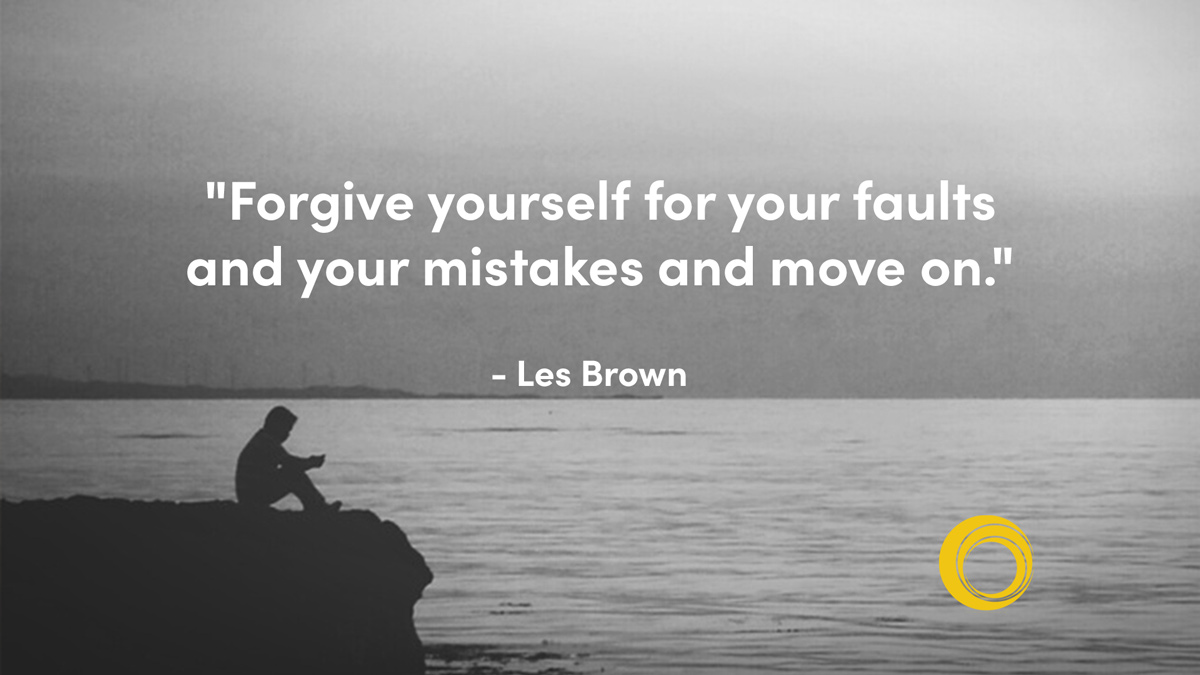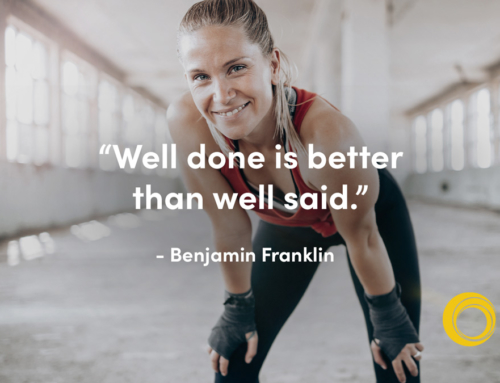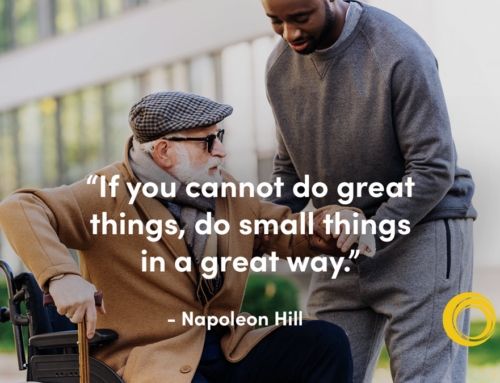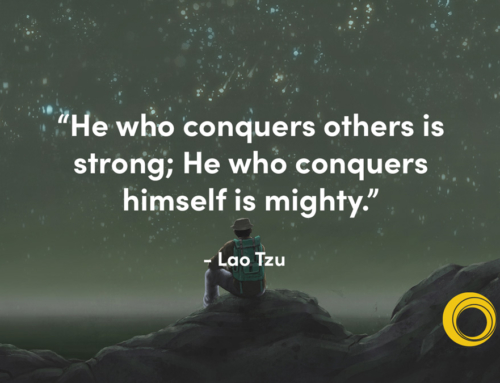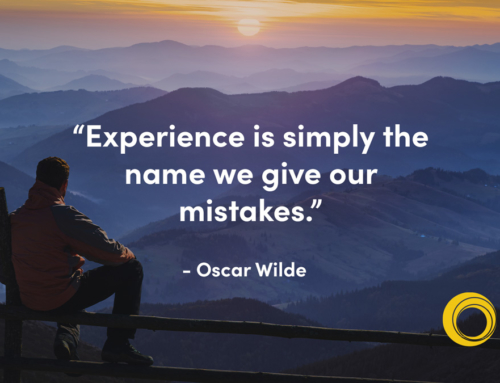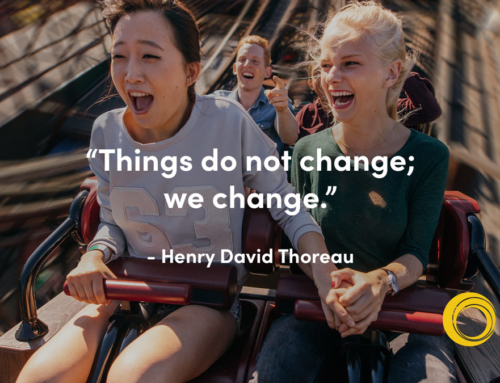“Forgive yourself for your faults and your mistakes and move on.” – Les Brown
There are nearly 8 billion people alive today. Precisely zero of them are perfect.
For some reason though, we tend to forget that and criticize ourselves more harshly in the process. We give people around us a pass and are extra hard on ourselves for lesser infractions. This is probably in large part to how we perceive people through what they post on social media.
Very rarely do we see flaws, or mistakes, or failures. Everything is curated to send a message and portray an image, and we never know what is or isn’t real. Or at least, exaggerated.
The more people you meet and talk to in real life, the more you understand that nobody has it all figured out. Everyone, oftentimes the most successful people are struggling with something in their lives.
For many, it is imposter syndrome; the underlying self-doubt that they are incapable of doing what they’re being trusted with, even if they’re the best in the world. For others, it is personal challenges, a failing relationship, or financial struggles.
Every single person, if they’re being honest with you, will also tell you they’ve made mistakes and that they’ve got regrets. It is impossible to avoid failure if success is your goal. Most people think failure is the opposite of success, but in reality it is a necessary step along the journey.
We must make mistakes. We must fail. We must stumble. This is how we learn and grow.
Therein lies the key to success: The learning and the growing.
By shifting to this perspective, we can see that faults and mistakes should not only be forgiven, but embraced. If we tie our identity to always needing to be right, or always needing to win, then we will close ourselves off to learning anything new because we think we already have all of the answers.
We will also stop challenging ourselves because we need to reinforce the narrative that we are perfect. The only way to keep telling ourselves this story is if we only take bets we know we’ll win. If you only practice against athletes inferior to you, how do you expect to get better? Your skills and adaptation responses will never be tested and therefore never improved upon.
Your faults and mistakes are what make you who you are. They are your unique nuances and they are your points of improvement that allow you to excel in unique ways. If you spend your time pretending like they don’t exist, or feeling badly about yourself because of them, you’ll never be able to turn them into something positive.
Lose. Analyze. Adjust. Improve. Win. This is the path to victory.
